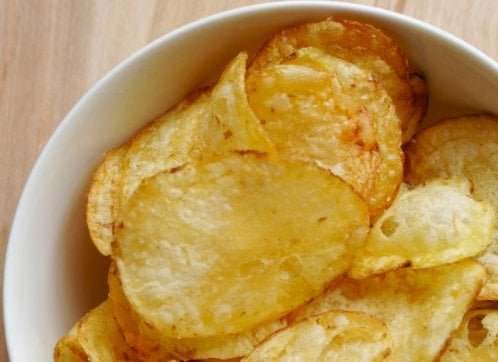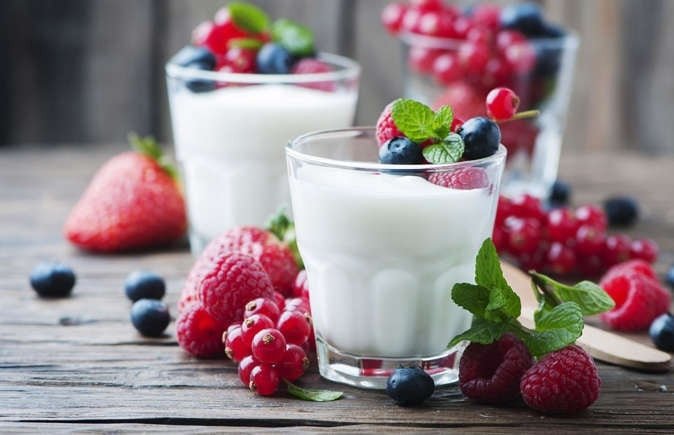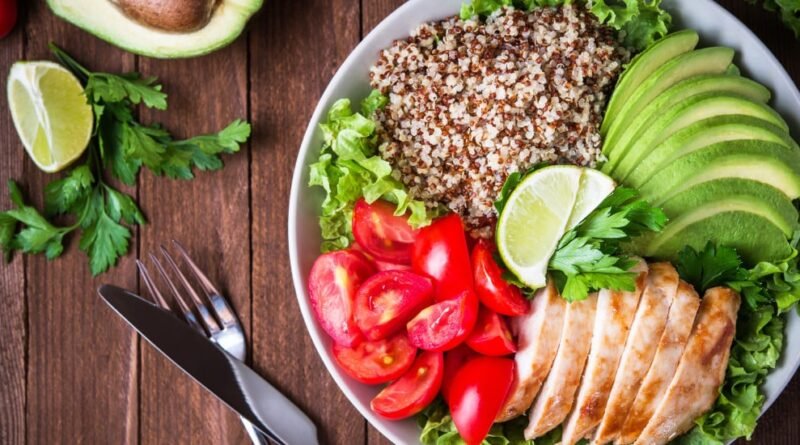Kidney Friendly Winter Diet: What to Eat, What to Avoid
Stay hydrated and avoid excess salt and sugar to keep your kidneys happy this winter!
With the onset of winter, it’s crucial to adhere to a kidney-friendly diet to promote overall health and well-being. Consuming a balanced diet that includes fresh fruits, vegetables, whole grains, and lean proteins can aid kidney function and minimize stress on them. It’s vital to restrict salt consumption to under 2,300 milligrams daily and keep added sugars below 10% of total daily caloric intake.
Maintaining a healthy diet is crucial, particularly for the health of vital organs such as the liver, heart, and kidneys. It’s also important to stay hydrated during the colder months, even when you don’t feel thirsty.
If you’re reluctant to drink plain water, consider incorporating clear soups or herbal teas to keep your body adequately hydrated, support proper kidney function, and effectively filter out waste.
Cut Back on Salt and Sugar

Additionally, winter often prompts us to consume comfort foods that are typically high in salt and sugar, which can adversely affect kidney health. To support kidney function, it’s advisable to maintain a balanced diet during winter, rich in fiber and healthy fats. Such a diet also aids in regulating blood pressure and blood sugar levels, which are crucial for the kidneys’ long-term well-being. It’s equally important to limit foods high in sodium, processed snacks, and an excessive intake of animal proteins to prevent overworking the kidneys.
Workout Every Day

Protecting your kidneys and overall health during the colder months involves mindful eating habits. However, it’s not just about diet; physical activity is equally important. Staying active and dedicating at least 30 minutes daily to any form of exercise is crucial for maintaining healthy bodily functions.
Include Seasonal Foods

Additionally, consider altering your diet in the winter to include a healthy, balanced variety. Incorporate foods such as seasonal leafy greens, berries, apples, and whole grains, which are rich in essential vitamins and antioxidants that help combat oxidative stress.
Hydrate More

Dr. Geetanjali Gupta, Director of Technical Operations and Quality Assurance at Redcliffe Labs, emphasizes the importance of hydration, noting that water helps eliminate toxins and prevent kidney stones. She recommends 8-10 glasses of water a day, adjusted for age, activity level, and climate. She also advises against processed foods high in salt and sugar to maintain kidney health. Being mindful of dehydration symptoms like fatigue or headaches is crucial for optimal kidney health in the winter.

